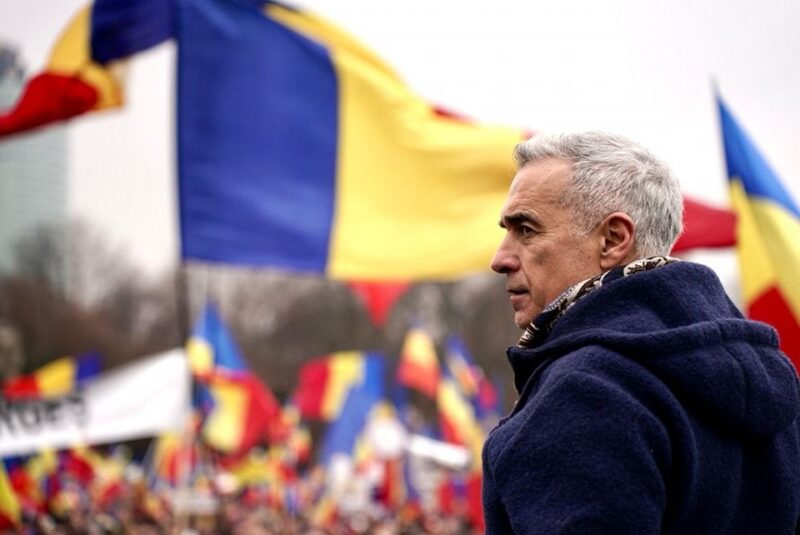The Kremlin has labeled Romania’s upcoming presidential election as “illegitimate,” claiming it’s a breach of democratic principles. This statement came just two days after Bucharest officially excluded Călin Georgescu from the upcoming vote in May, with the Kremlin’s spokesperson Dmitry Peskov blasting the decision as a “violation of democratic norms in the heart of Europe.”
Peskov argued that any election held without Georgescu, who had significant public support, would not be valid. “The will of the Romanian people has been suppressed,” he declared, pointing out that excluding a candidate backed by many citizens undermines the democratic process. However, he stopped short of detailing any actions Russia might take in response.
The Kremlin denied any involvement with Georgescu, dismissing claims that he’s pro-Russian and extreme as “complete nonsense.” Despite his opponents branding him as such, some European right-wing figures, including Polish President Andrzej Duda, have condemned the Romanian government’s actions. They fear that this could be the beginning of a broader authoritarian trend across Europe.
Back in Romania, criticism from local figures has been sharp. MEP Claudiu Târziu, a member of the AUR party, which had supported Georgescu, slammed the EU’s response to the “anti-democratic” situation. Romanian Prime Minister Marcel Ciolacu rejected Moscow’s comments, calling them “unacceptable interference” and reaffirmed Romania’s right to manage its elections without foreign meddling. “We won’t take lessons in democracy from those who don’t practice it themselves,” he emphasized.
Meanwhile, the Romanian Constitutional Court had the final say on the issue, confirming the exclusion of Georgescu after a two-hour deliberation. The court’s unanimous decision followed a ruling from the Central Electoral Bureau, which had previously rejected Georgescu’s candidacy for the May election. Despite winning the first round of last year’s election, his candidacy was annulled due to alleged foreign influence. The bureau concluded that his nomination violated legal standards meant to protect democracy.




